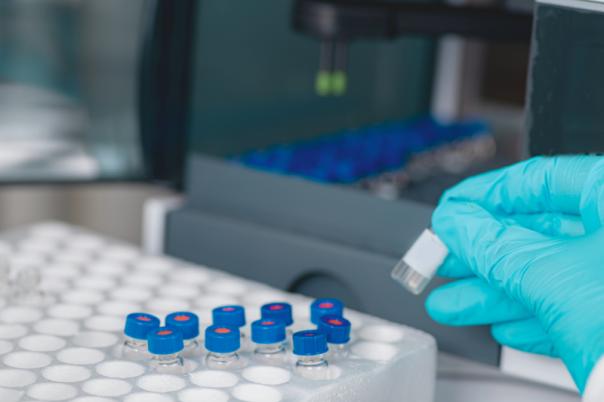Francesca Buttini, a professor at the University of Parma, delivered a presentation on the topic of proteins for inhalation. She began by discussing the increasing interest in biologics for pulmonary administration, highlighting the advantages of this route, such as the large absorption surface area, rapid absorption, and the avoidance of injectable routes.
Buttini presented three case studies conducted by her group. The first case study focused on the formulation of cyclosporine to treat bronchiolitis obliterans. Cyclosporine, a small peptide with poor water solubility, was embedded in liposomes and delivered via a nebuliser. The formulation aimed to improve dissolution rates by investigating various factors, such as the levels of glycine and ethanol. The study found that lower levels of these excipients resulted in faster dissolution rates. The safety and efficacy of the formulation were also assessed, showing that cyclosporine reduced inflammation in cells.
The second case study involved the development of a polypeptide decoy, LCB1 protein, to protect against SARS-CoV-2 infection. This protein was designed to bind the spike protein of the virus, neutralising it before it could interact with the ACE2 receptor. The study included a design of experiments (DoE) to assess critical attributes, and the results demonstrated that the protein maintained its integrity and binding capacity. The efficacy of the decoy was tested in vitro and in vivo, showing that it could neutralise the virus in both liquid and dry powder forms.
The final case study explored the formulation of probiotics, specifically Lactobacilli, to modulate the lung microbiota. The study investigated factors affecting the viability and respirability of the bacteria, finding that higher concentrations of protective excipients and lower inlet temperatures preserved the bacteria's viability. The probiotics were tested for their ability to inhibit the growth of Pseudomonas, with Lactobacillus plantarum showing the highest efficacy. The study also assessed the safety and adherence of the bacteria to pulmonary cells.
In conclusion, Buttini emphasised the potential of pulmonary administration for biologics, the importance of considering dosage and formulation factors, and the need for preformulation and quality control to ensure the integrity and efficacy of the molecules.





